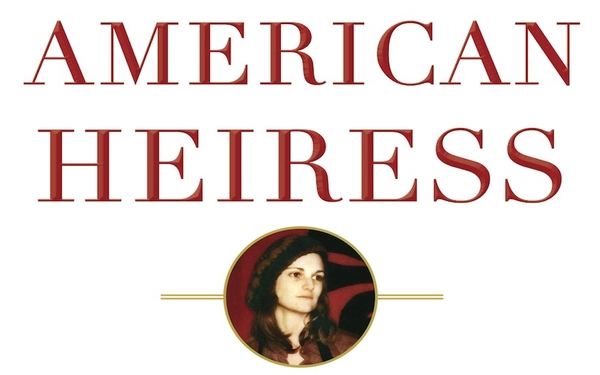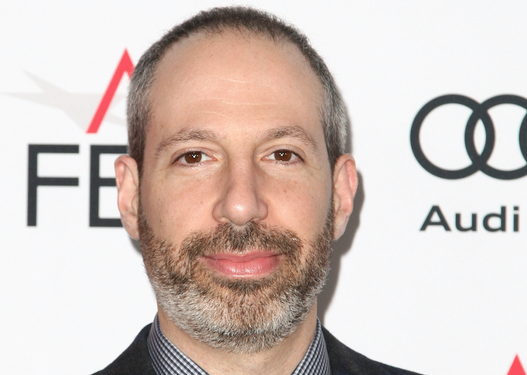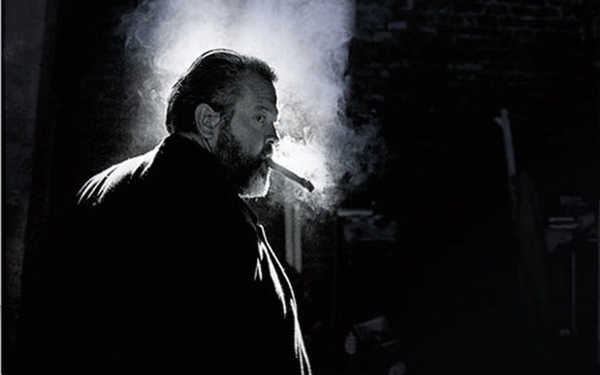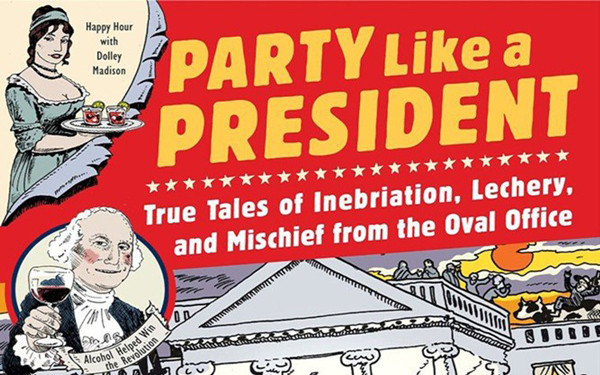If there’s any shortcoming to “American Heiress,” Jeffrey Toobin’s remarkable book about “the kidnapping, crimes and trial of Patty Hearst,” it’s that the central figure in the story said no to an interview.
Toobin tried many times to arrange a sit-down with Hearst, granddaughter of newspaper magnate William Randolph Hearst, the woman who became news in the 1970s as a hostage-turned-“urban guerrilla”-turned-fugitive-turned-convicted bank robber.
“I regret that she chose not to participate,” says Toobin. “I certainly would have liked to have spoken to her.”
But what, really, would he have gained by doing so?
Toobin, CNN’s senior legal analyst and author of “The Run of His Life: The People v. O.J. Simpson,” did an extraordinary amount of research to get inside Hearst’s head during her years with the Symbionese Liberation Army, the inept group of domestic terrorists that kidnapped/recruited her.
He pored through the testimony from Hearst’s 1976 trial and from various grand jury investigations.
He reviewed thousands of pages of transcripts from her interviews with FBI agents, attorneys and members of the press.
He not only read her revisionist 1981 memoir, “Every Secret Thing,” but he also went through rough drafts and outlines in search of telling outtakes.
He even got his hands on never-before-published letters (“in her looping private girls’ school handwriting”), which she wrote while in jail when she still answered to her SLA name of Tania. These letters, he writes, “represent unmediated and undisputed insight into … the real Patricia.”
Once Hearst was released from prison in 1979, she set out to rewrite her story — insisting that she never willingly became a member of the SLA, that she merely went along with the bank robberies, bombings and hiding out because she feared for her life (a claim that surviving SLA members dispute).
In January 1979, President Jimmy Carter signed a commutation of the rest of Hearst’s prison sentence. In January 2001, on his last day in office, President Bill Clinton gave her a full pardon.
Hearst, who turns 62 on Aug. 20, leads a very different life in her “dowager years,” doting on her granddaughters and on her Westminster Kennel Club prize-winning Shih Tzu.
It could therefore be argued that this is not the woman Toobin wanted to interview.
The person he wanted to question was the frightened hostage, the possible Stockholm Syndrome sufferer who had romances with fellow gang members, the gun-toting radical who, once arrested, gave her occupation to police as “urban guerrilla.” Those versions of Patty Hearst no longer exist.
“I take your point that she is a very different person today, but all those facts notwithstanding, there’s no doubt that I would have preferred to speak to her,” Toobin says. “It’s always better, in my experience, to get the interview than not. If it’s helpful, it’s helpful. If it’s not, it’s not.
“But you can’t know until you talk to someone.”
Toobin — whose 1996 book about the O.J. Simpson trial inspired the acclaimed FX series “The People v. O.J. Simpson” — turned his attention to the Hearst-SLA story after an editor suggested it.
“I said, ‘There must be a million books about Patty Hearst,’ and he said, ‘Well, go look.’ And I found that nothing really has been written about the case in more than 30 years.”
It is a strange story from beginning to end and it contains a little of everything. It’s a riveting crime and courtroom drama. It’s a fascinating look back at a very different chapter in our history. And it has interesting things to say about wealth, privilege, fame, celebrity and media in America.
“It combines my interest in a lot of different subjects, whether it’s the courtroom or politics or the media,” Toobin says. “It had elements of all of that.”
It also has an eclectic catch-all cast of characters. They include the Rev. Jim Jones (a few years prior to the People’s Temple mass murder-suicide in Guyana), failed presidential assassin Sara Jane Moore (who kept the books for a feed-the-poor program that Patty’s father, Randy Hearst, started in response to an SLA hostage demand) and John Wayne (an unlikely supporter for clemency for Hearst).
“I got a great kick out of the strange cameos that you find in this story,” Toobin says.
What he didn’t get a kick out of, however, was the fact that Patricia Hearst used her connections to get a lighter sentence, an early release and a presidential pardon — special treatment that the poor could never hope to receive. Toobin makes it quite clear in the book that he found this galling.
“I went into this story with no preconceived notions about Patricia Hearst or about the SLA,” he says. “But once I started doing my reporting, I certainly did reach some conclusions about her and the story and that’s what I put in the book.”
It’s a story that would make a great follow-up to FX’s O.J. Simpson series, although that’s not likely to happen. “There is already a screenplay in the works, but it’s for a feature film, not a TV series,” he says. “We’ll see whether it gets made.”
In the meantime, Toobin is hunting for the next epic crime and courtroom story idea. He knows it’s out there. It might even be hiding in plain sight.
“For years, nobody wanted to make a movie or a TV series about O.J.,” Toobin notes. “The thinking was that everyone knew everything there was to know and that people were sick of the story.
“But we discovered that this is absolutely not true. When it is a genuinely great story, people always will be interested.”
———
©2016 Fort Worth Star-Telegram
Visit the Fort Worth Star-Telegram at www.star-telegram.com
Distributed by Tribune Content Agency, LLC.












